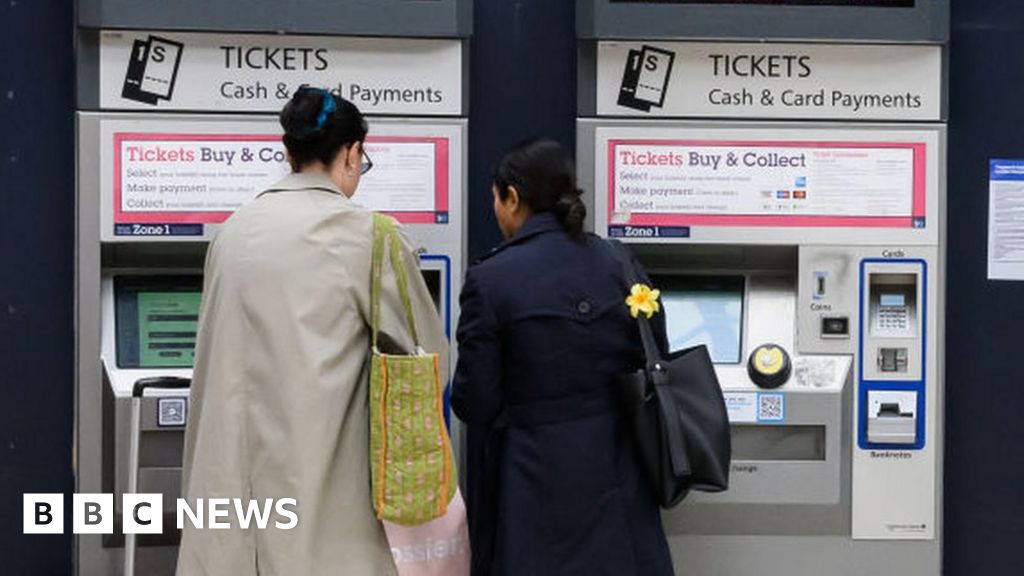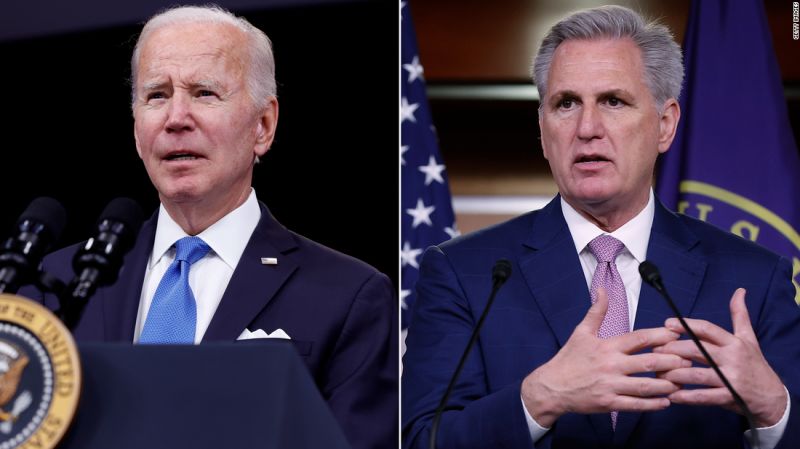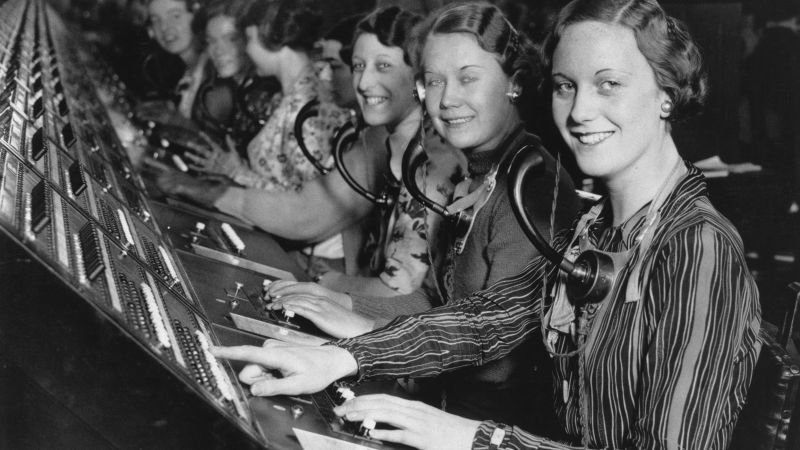Any rises will once more be delayed until March 2024, rather than kicking in in January as was normal pre-Covid.
However, one campaign group said fares should be frozen “in recognition of the burden high fares place on rail passengers”.
However, one campaign group said fares should be frozen “in recognition of the burden high fares place on rail passengers”.
Before the Covid pandemic, they were increased in January each year, based on the Retail Prices Index (RPI) measure of inflation from the previous July. The normal formula is RPI plus 1%.
RPI in June was 10.7% and is expected to be around 9% in July, with the figure due to be published this Wednesday.
It is not known what next year’s increase will be, but this year the government increased national rail fares by 5.9%, which was well below July 2022’s RPI figure of 12.3%.
That increase was still the largest since 2012, according to regulator the Office of Rail and Road.
At the time Labour called the rise a “sick joke for millions reliant on crumbling services”.
However, one campaign group said fares should be frozen “in recognition of the burden high fares place on rail passengers”.
Any rises will once more be delayed until March 2024, rather than kicking in in January as was normal pre-Covid.
Before the Covid pandemic, they were increased in January each year, based on the Retail Prices Index (RPI) measure of inflation from the previous July. The normal formula is RPI plus 1%.
However, one campaign group said fares should be frozen “in recognition of the burden high fares place on rail passengers”.
However, one campaign group said fares should be frozen “in recognition of the burden high fares place on rail passengers”.
Before the Covid pandemic, they were increased in January each year, based on the Retail Prices Index (RPI) measure of inflation from the previous July. The normal formula is RPI plus 1%.
RPI in June was 10.7% and is expected to be around 9% in July, with the figure due to be published this Wednesday.
It is not known what next year’s increase will be, but this year the government increased national rail fares by 5.9%, which was well below July 2022’s RPI figure of 12.3%.
That increase was still the largest since 2012, according to regulator the Office of Rail and Road.
At the time Labour called the rise a “sick joke for millions reliant on crumbling services”.
#Rail #fares #England #rise #inflation
Note:- (Not all news on the site expresses the point of view of the site, but we transmit this news automatically and translate it through programmatic technology on the site and not from a human editor. The content is auto-generated from a syndicated feed.))



